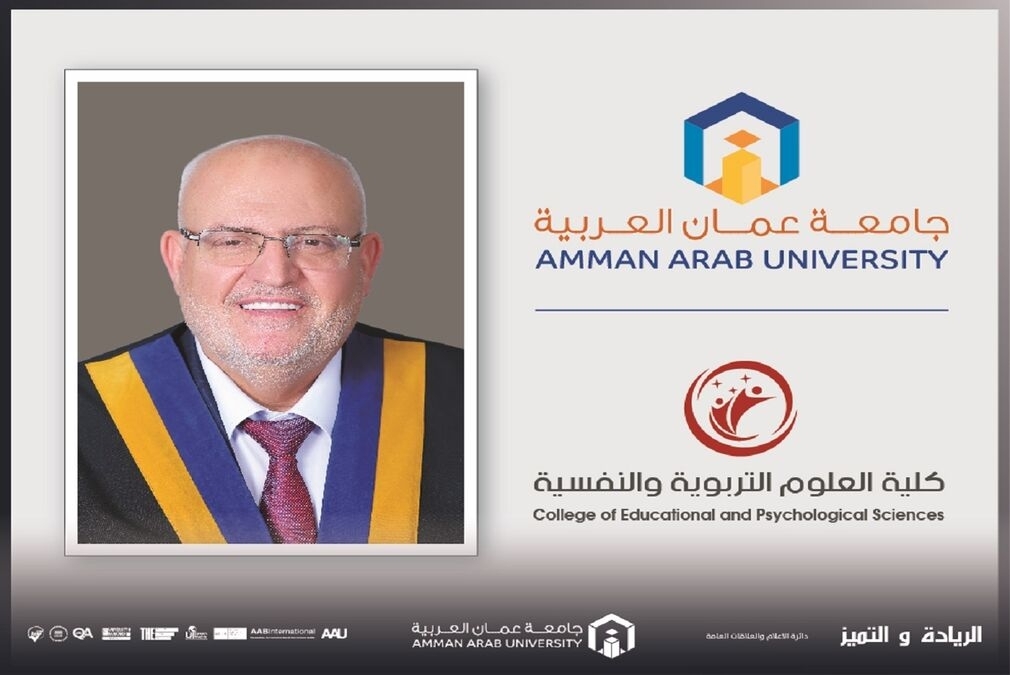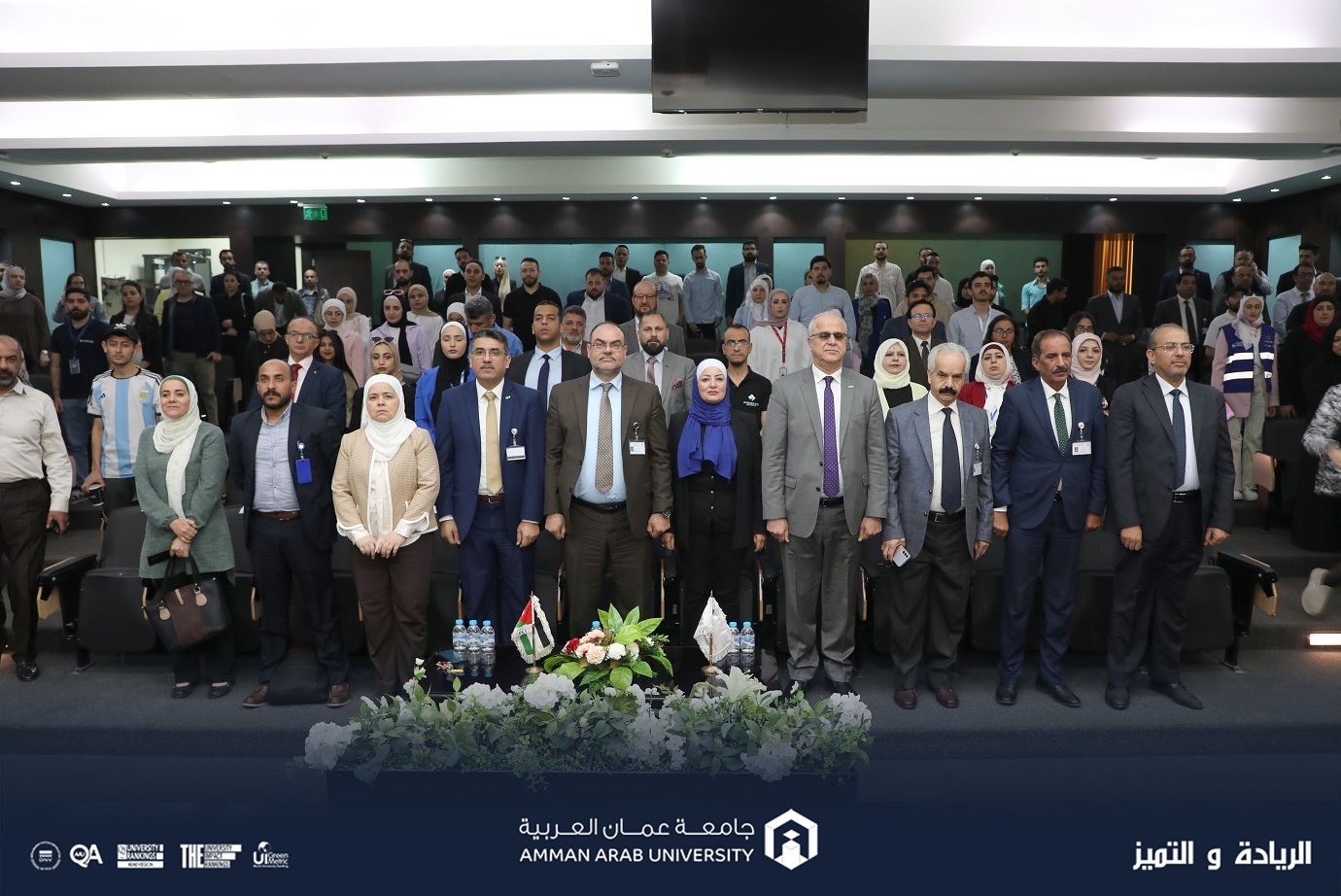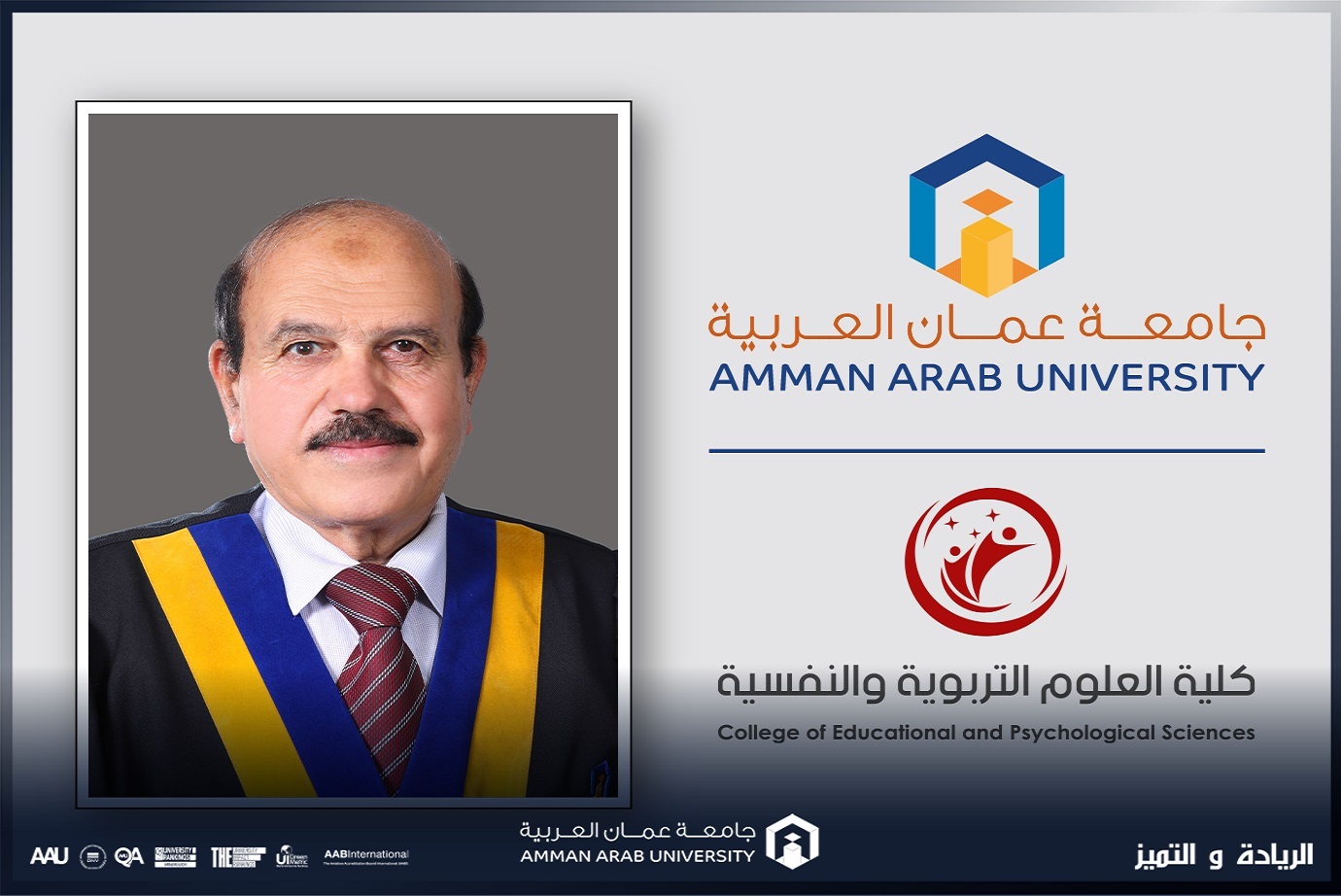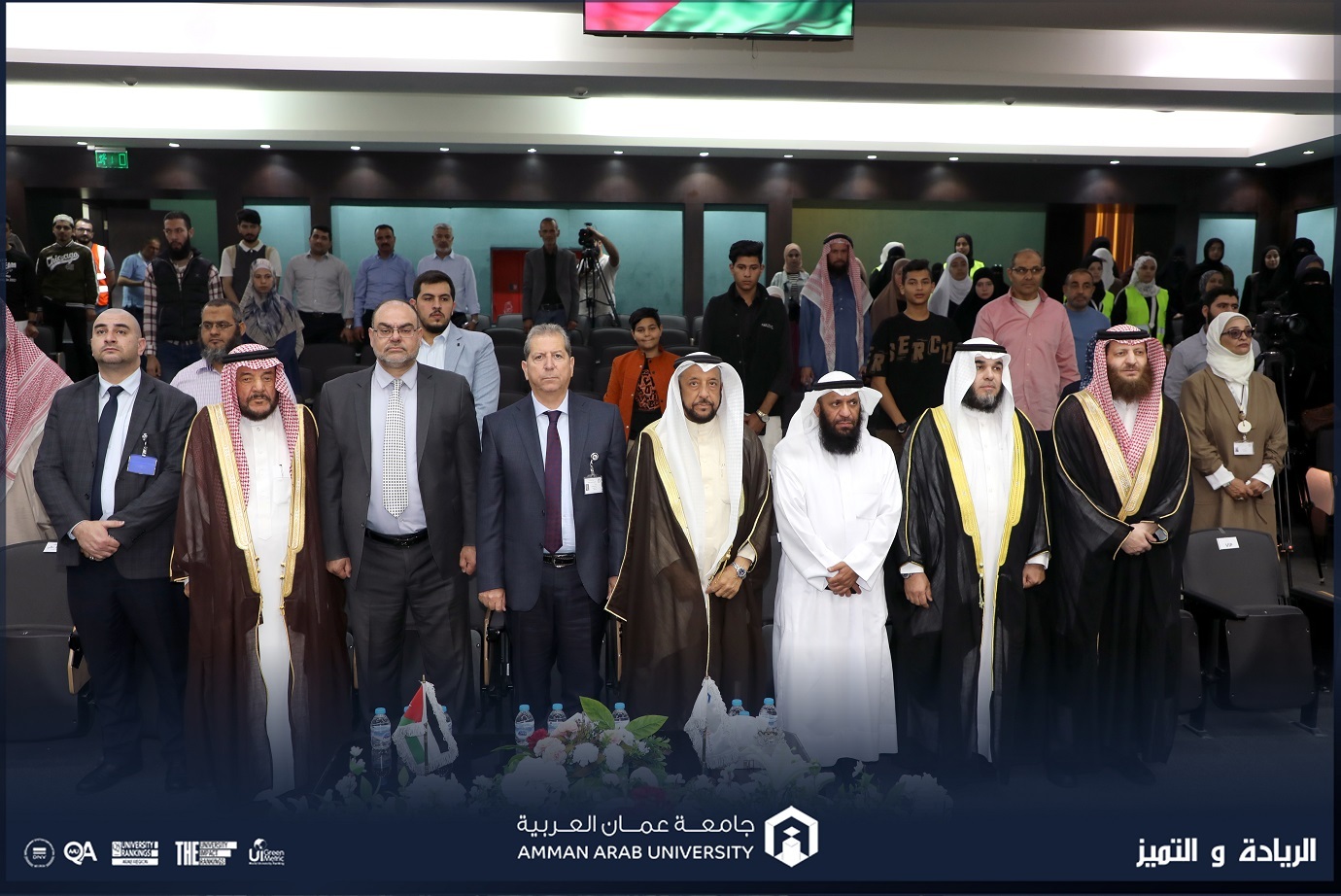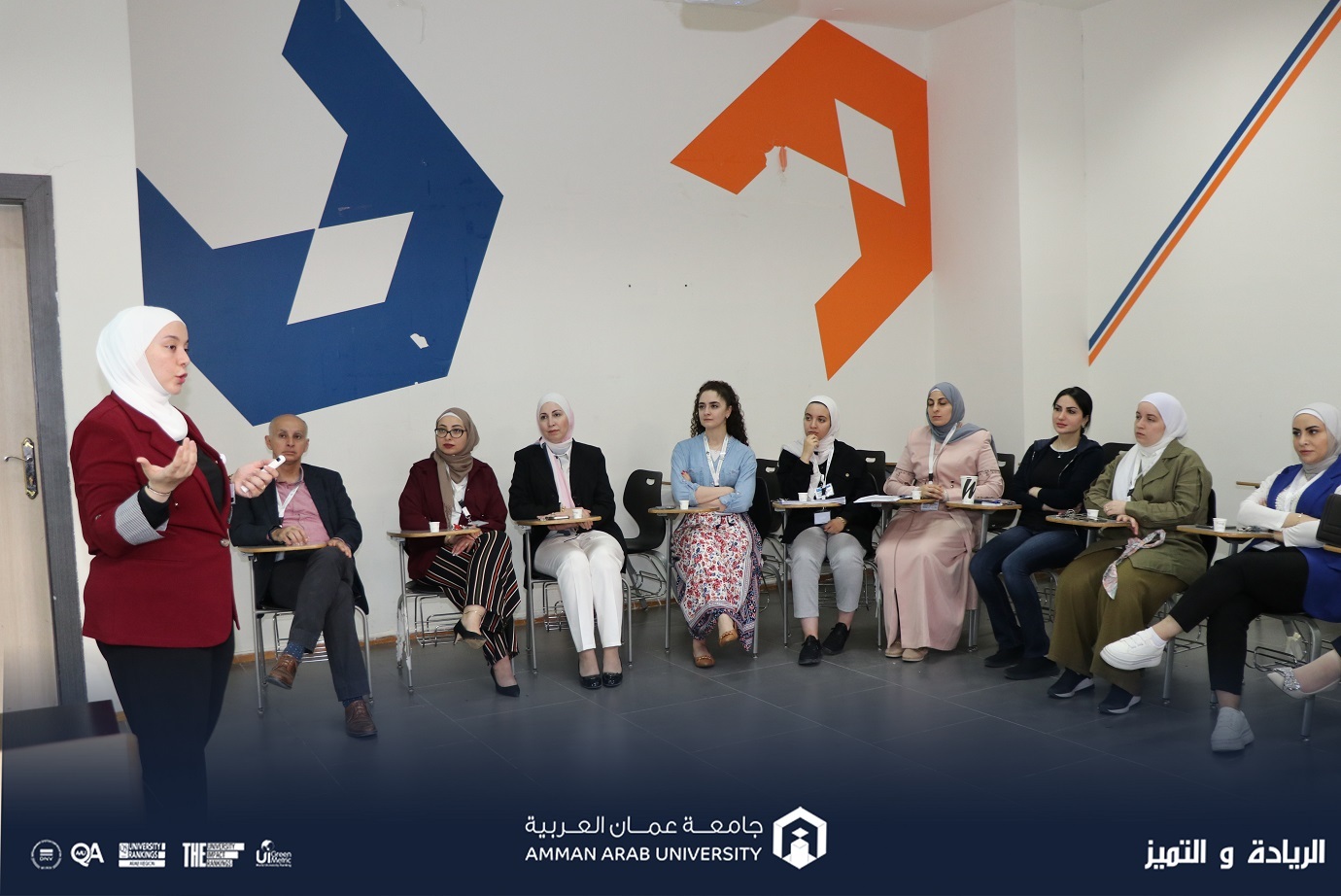Metaverse and the Future of University Education
By: Prof. Dr. Younes Megdadi, Amman Arab University
Corona pandemic was the beginning of the shift towards distance learning by using several technological techniques which is a well-known to everyone via the Internet to enable universities to perform their educational and learning mission despite their modest experiences and capabilities in virtual education, which are still for many reasons known to all, but we do not deny that there are attempts by universities to search for the best technologies due to the convictions of some of them that distance education is one of the options offered and strongly to integrate it into the face-to-face education system dimension as one of the future educational options in light of the global trend towards digital knowledge.
We have recently read many articles that dealt with the topic of heading towards virtual education, and education in the era of digital knowledge, all of which confirmed that the technologies that were used in distance education during the pandemic period are only face-to-face education, but by means of techniques, and this is a fact that no one denies. Although distance or virtual education differs in its philosophy based on the fact that the student is a researcher for information through different sources of digital knowledge and is not a consumer of it as it is in face-to-face education, and what stopped many followers is that universities were looking at the Corona pandemic and its challenges as a transient situation without looking in depth because of the technological development and its modern technologies that have become the focus of interest and adoption by international universities, including the world of metaverse in education.
This new virtual world based on virtual technologies that works within VR, AR, or mixed XR, and the education and communication platforms launched by Meta and Microsoft, all of which introduced us to the world of artificial intelligence in virtual education to help universities shape the future of university education without borders.
In order to adopt this new world, many specialists believe that the universities’ experience with distance education has left a store of knowledge as a result of its experience during the Corona pandemic period, which is supposed to be used and employed in developing future strategic plans and its purpose is to define the parameters of the future of education in line with global technological transformations in the university education sector, and this It is no secret to anyone, and the evidence and evidence abound, as we find that international universities are racing to adopt these modern technologies in education, due to their confirmed convictions that digital knowledge and digital education have become a fait accompli. The question that arises is whether our universities are attentive to what is happening around them globally, since we are talking about keeping pace with the global virtual university education and paying attention to the universality of education and others, or do we
still believe in face-to-face education and be satisfied with using some technologies that have become traditional in the concept of educational technology and transfer all these trends to further notice and remain in The same box under the pretexts do not serve the interest of the future of university education.
The talk about the future of university education and its developments has caught many interested and observers of academic affairs in Jordanian universities, despite the prediction of the majority that this future will become a reality and is not far away. It is time instead of waiting and missing opportunities for development and keeping pace with the developments in the future of virtual university education.



